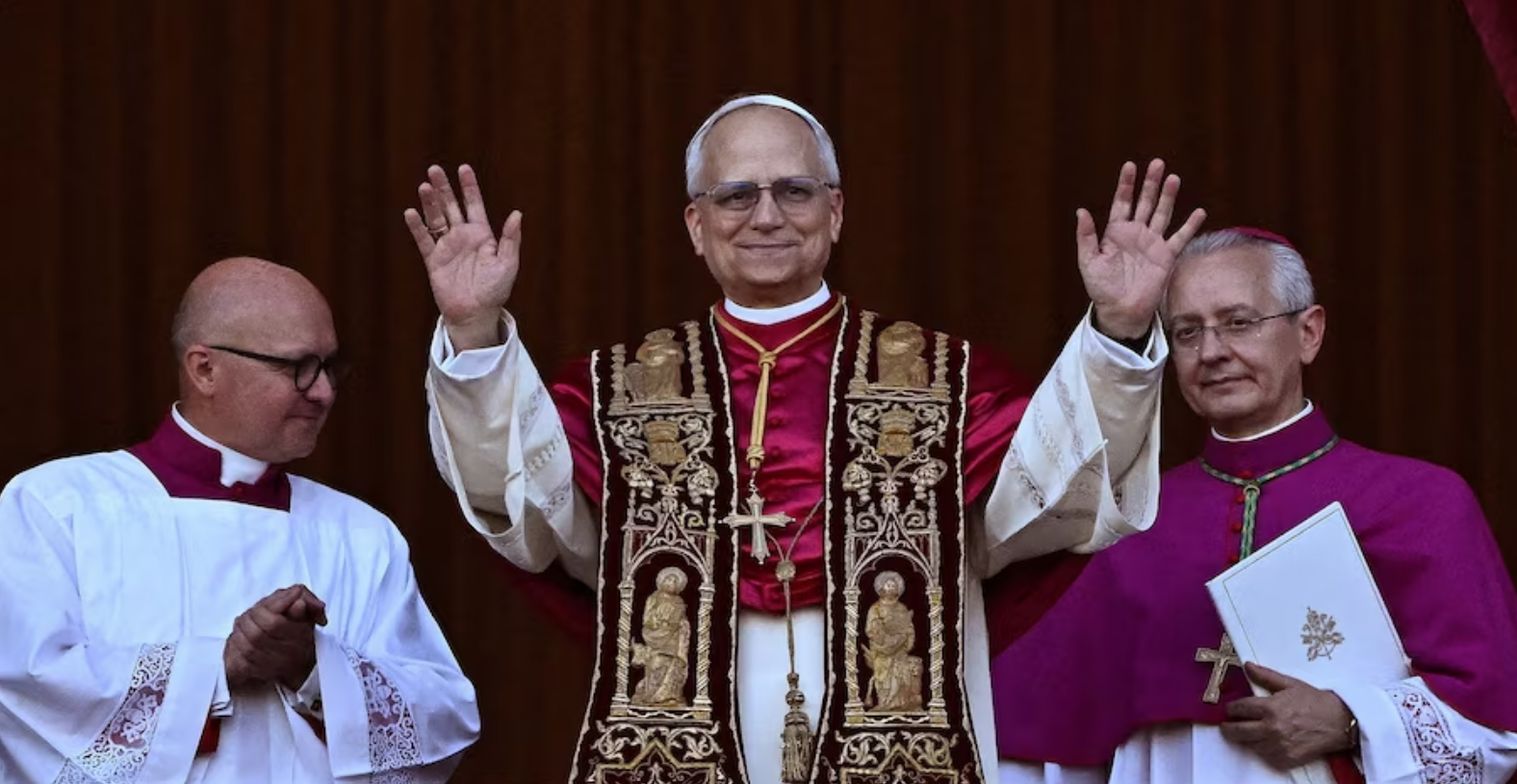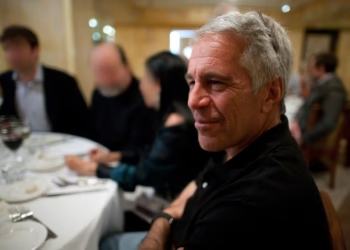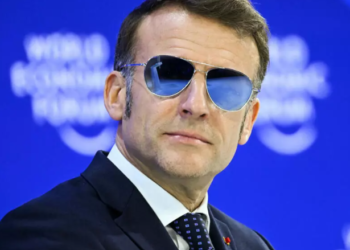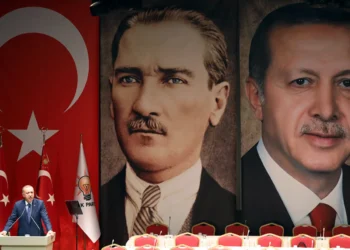VATICAN CITY (Realist News Agency). The College of Cardinals has elected Cardinal Robert Francis Prevost as the new head of the Catholic Church. Taking the name Leo XIV, the 69-year-old Chicago-born prelate becomes the first American pope in history. His election was confirmed on May 8 following the death of Pope Francis, during a conclave held in the Sistine Chapel.
The announcement was made by Cardinal Protodeacon Dominique Mamberti from the balcony of St. Peter’s Basilica, shortly after white smoke emerged from the chapel’s chimney at 5:46 p.m. local time — signaling that the cardinals had reached the required two-thirds majority. An hour later, Pope Leo XIV delivered his first Urbi et Orbi blessing to the faithful gathered in St. Peter’s Square.
Prevost, a member of the Order of St. Augustine, is the first Augustinian to ascend the papacy since the 15th century. He studied canon law at the Pontifical University of St. Thomas Aquinas and was ordained in 1982. He spent over 15 years in Peru as a parish priest, educator, and missionary, eventually becoming bishop of Chiclayo in 2014 and later apostolic administrator of Callao. Since 2023, he served as Prefect of the Dicastery for Bishops and President of the Pontifical Commission for Latin America.
His election follows at least four rounds of voting by the 133 cardinals present, many of whom came from Asia, Africa, and Latin America — reflecting the demographic shift in global Catholicism initiated during the Francis papacy.
In a 2024 interview with Vatican News, Prevost said:
“A bishop should not be a little prince in his own kingdom. He is called to be humble, close to the people, and to suffer with them.”
The choice of the name Leo carries symbolic weight. It echoes Pope Leo XIII, known for his 1891 encyclical Rerum Novarum, which laid the foundation of Catholic social teaching. This may suggest that Leo XIV intends to continue the reformist orientation of Francis — but with a more structured, institution-focused approach.
According to The Associated Press, Prevost was on the short list of leading contenders (papabili) and emerged as a compromise figure, capable of bridging growing tensions between more liberal Western bishops and the increasingly influential dioceses of the Global South.
Pope Leo XIV represents a cautious reformer with deep institutional experience and a global vision shaped by decades in Latin America. His election signals an effort to restore the Church’s credibility through episcopal leadership and synodal governance. While his diplomatic posture inspires confidence, questions remain about how far he is willing to go on structural reforms and disciplinary rigor.


















